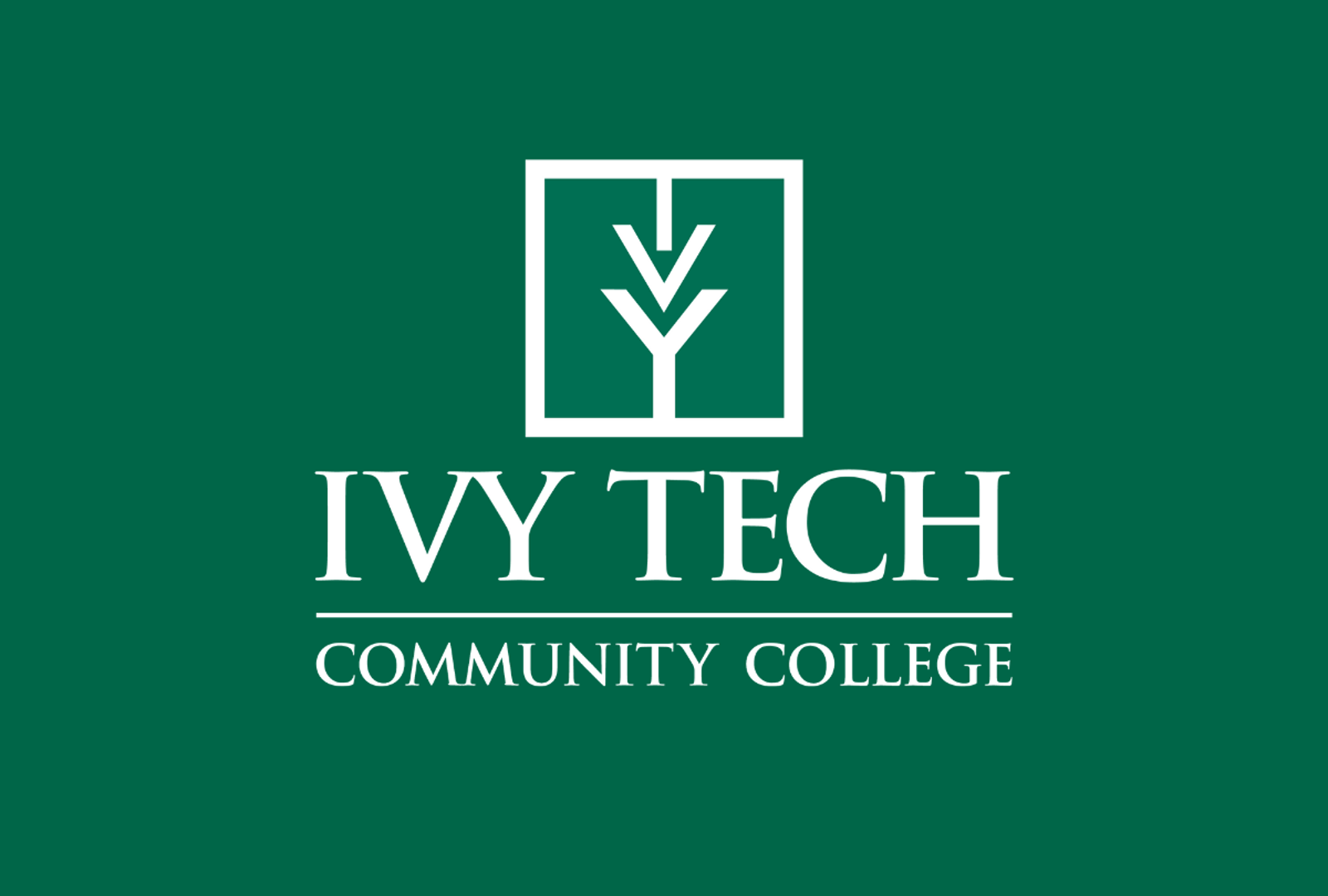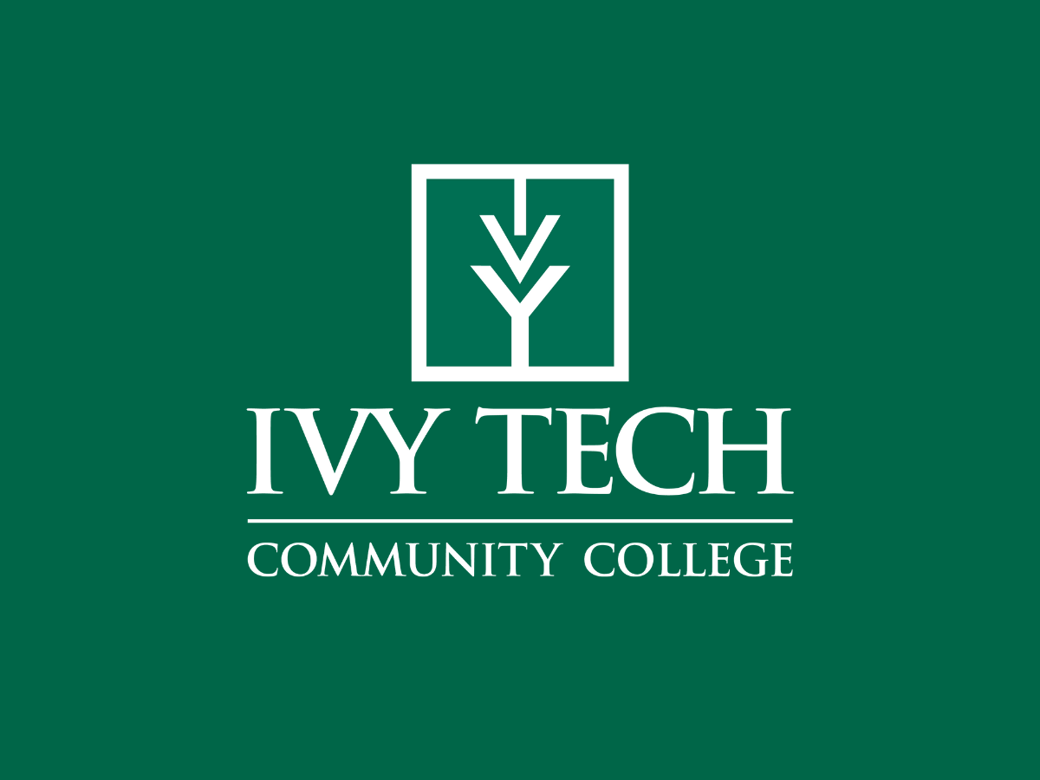HeraldTimesOnline.com
Speech teacher at Ivy Tech learns to talk again after stroke
By Dann Denny331-4350 | ddenny@heraldt.com
April 1, 2013
Don Forss walks with a cane and speaks haltingly — measuring his words carefully before pushing them through his lips in a slow, slightly slurred cadence.
But there’s no need to feel sorry for the 58-year-old speech teacher at Ivy Tech Community College. He’s the personification of positivity, and may be the most respected and well-liked instructor on campus.
“His ratings from students are absolutely colossal,” said Keith Klein, chairman of Ivy Tech’s communications department. “There’s something magical that takes place in his classroom between him and his students.”
“He almost seems like a friend,” said 27-year-old Sarah Lewis. “He’s very good at what he does, and I find it inspiring the way he stays so positive in spite of his medical history.”
“He’s very fun-loving and has a great sense of humor,” said Kristina Koontz, 27. “If he’s having trouble coming up with a certain word, he just laughs it off.”
Lindsey Simmons, 21, said Forss teaches students not only how to give a good speech, but how to live a good life.
“He says that you might feel your life is dull, but you’re wrong, because everyone’s life is special and you can choose to make it as exciting as you want,” she said. “His class is a lot deeper than what you would expect in a public speaking class.”
‘Suddenly, I was an old man’
Four years ago, Forss was a buff and athletic 54-year-old man who regularly lifted weights and walked 5 miles a day. He’d never had an illness more serious than a cold.
But on April 4, 2009, he emerged from the bathroom of his Bloomington home and told his wife, Terry, that the entire right side of his body felt strange.
Terry, a nurse practitioner, took his blood pressure and saw something that alarmed her.
“We have to go to the hospital now,” she said.
“OK, just let me change my clothes,” Forss said.
“No, we’re leaving right now,” she said.
As Terry sped toward IU Health Bloomington Hospital — with her husband slumped in the passenger seat, his head resting against the window — she called the emergency department on her cellphone and said she’d soon be arriving with a stroke patient.
“When we got to the ED, I remember nurses putting tubes and needles in me,” Forss said. “I tried to say something to one of my daughters, but I couldn’t speak.”
A CAT scan showed Forss had suffered a hemorrhagic stroke caused by bleeding in the brain from a burst blood vessel, not the more common kind of stroke caused by a clogged blood vessel. He was in a coma for 10 days, and when he awoke, he couldn’t talk or feel anything on the right side of his body.
“I’d gone from being 54 to 84,” he said. “Suddenly, I was an old man.”
Forss was later transported to an Indianapolis hospital and placed in a wing devoted to patients recovering from strokes — where he received speech, physical and occupational therapy.
“For the first two months, I thought I was speaking, but no one could understand a word I was saying,” he said with a grin. “They didn’t have the heart to tell me, so they just played along.”
Forss, a former pastor who had served 30 years in the ministry, spent six months there.
“I had to learn speech all over again,” he said. “The therapist would show me a stack of cards with pictures on them — like a comb, a toothbrush, a razor. I could see the item and recognize what it was, but I couldn’t say the word.”
When Forss was alone, his thoughts harkened back to the thousands of sermons he’d preached about staying positive and trusting God during times of trouble.
“Now I had to ask myself if I really believed what I said I believed,” he said. “I had to ask myself if I was a real man of faith, or a fake.”
Back in the saddle
In the fall of 2009, Forss was having breakfast with Terry in the Cloverleaf restaurant when Klein spotted him.
“Hi Don, how you doing?” Klein asked.
“Fine,” he answered.
“Call me up sometime so we can talk about you coming back to teach,” Klein said.
“Sure,” Forss answered, thinking to himself he would never make the call.
But over the next few weeks, Terry peppered him with the same unchanging question — “Have you called Keith Klein yet?”
“She just kept hounding me,” Forss said. “I finally realized she was not going to let it go, so I called Keith and we set up an appointment. I met with him in his office, and within three hours, I was fully registered as an adjunct teacher at Ivy Tech.”
Moments later, as the two men were walking down the hallway, Forss said he would have to teach the course online because of his speech problems. Klein grabbed his elbow, jabbed a finger into his chest, and said, “You’re not teaching online. I want you in front of a classroom.”
Forss said Klein’s words filled him with terror.
“Then my terror turned into submission,” he said. He said he felt God wanted him to teach again.
By the spring of 2010, Forss was in the classroom, teaching a three-hour class on the fundamentals of public speaking and a three-hour class on interpersonal communication.
On the first day of every class he teaches, he tells his students about his stroke.
“It’s not easy having you see me not as healthy as I once was,” he says. “But I want you to know what impact you’re having on my life just by being here. Because you’re here, I have to speak for three hours, and that process is helping my brain to heal. For the next 16 weeks, you are my power team.”
Forss said teaching is a perfect fit for his outgoing personality, saying he has a healthy ego that relishes the attention of a full classroom as much it did a full church.
“But I also love people,” he said. “Each of my students has a story, and I like hearing their stories, because I truly care about them.”
Aware of surveys showing that public speaking is many people’s No. 1 fear, Forss has the class clap before each student gives a speech to envelop the speaker in a cocoon of emotional support.
But he also gives a pep talk:
“You now have the floor for seven minutes,” he says. “There will be many times in life when you wish you had a voice, but you’ll be drowned out by other voices. This is your chance. Make it count.”
Don Forss, right, who teaches speech at Ivy Tech Community College in Bloomington, speaks with student Bethany Mussman before she delivered a presentation during class. Jeremy Hogan | Herald-Times
Copyright: HeraldTimesOnline.com 2013
About Ivy Tech Community College
Ivy Tech Community College is Indiana's largest public postsecondary institution and the nation's largest singly accredited statewide community college system, accredited by the Higher Learning Commission. Ivy Tech has campuses throughout Indiana and also serves thousands of students annually online. It serves as the state's engine of workforce development, offering associate degrees, long- and short-term certificate programs, industry certifications, and training that aligns with the needs of the community. The College provides a seamless transfer to other colleges and universities in Indiana, as well as out of state, for a more affordable route to a bachelor's degree.


